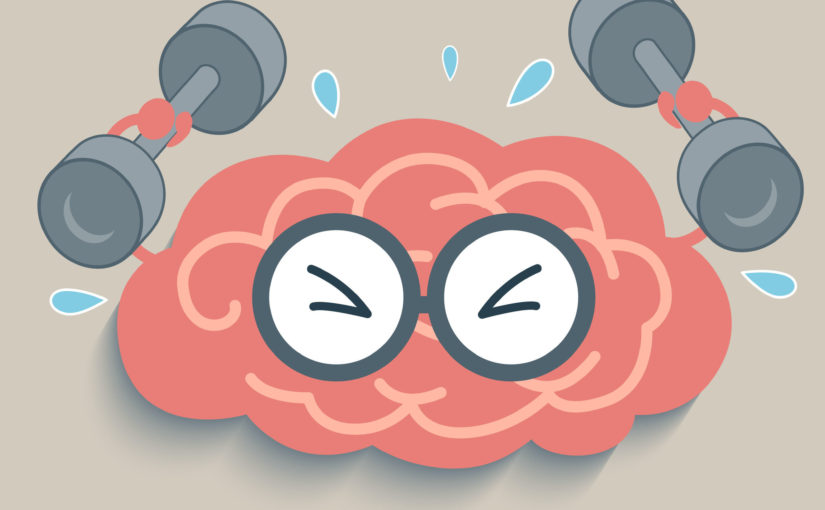
Coming Off Anti-depressants…harder to do than you may think
Posted May 31st, 2018
At The Renewal Point, we have been inundated with patients trying to wean off psychotropic medication. We know it can be a frustrating endeavor. Consider the difficulty Ms. Robin H. encountered. (Taken from a story that recently appeared in the New York Times.)
Robin, a 54-year-old mother of four who lives near Concord, N.H., began taking the antidepressant Paxil 21 years ago for severe premenstrual syndrome upon the recommendation of her gynecologist. “He said, ‘Oh, this little pill is going to change your life,’” Robin said. “Well, did it ever.” The drug blunted her PMS symptoms, but also caused her to gain 40 pounds in nine months. Quitting was nearly impossible – at first. “My doctor tapered me too quickly,” she said.
She succeeded in her last attempt, in 2015, by tapering over months to 10 milligrams, then five, down from 20 milligrams and “finally all the way down to particles of dust,” after which she was bedridden for three weeks with severe dizziness, nausea and crying spells.
“Had I been told the risks of trying to come off this drug, I never would have started it,” Robin said. “A year and a half after stopping I’m still having problems. I’m not me right now; I don’t have the creativity, the energy. She – Robin – is gone.”
Long-term use of antidepressants is surging in the United States. The New York Times article goes on to say that these drugs have helped millions of people ease depression and anxiety, and are widely regarded as milestones in psychiatric treatment. But the rise in long-term use is also the result of an unanticipated and growing problem.
Many, perhaps most, people stop the medications without significant trouble. But antidepressants are not harmless; they commonly cause emotional numbing, weight gain, and sexual problems like a lack of desire or erectile dysfunction. Long-term users report in interviews a creeping unease that is hard to measure: daily dosage leaves them doubting their own resilience, they say.
Patients who try to stop taking the drugs often say they cannot. In a recent survey of 250 long-term users of psychiatric drugs, most commonly antidepressants, about half who wound down their prescriptions rated the withdrawal as severe. Nearly half who tried to quit could not do so because of these symptoms.
In our medical practice at The Renewal Point, we take an integrated approach to help our patients achieve emotional well-being. We find this approach to be the best way to manage weaning off psychotropic medication.
- Hormone Balancing: Rebalancing Gonadal, Thyroid, and Adrenal imbalances make it easier to get back on an optimal emotional track.
- Genetics: Certain genes can affect our psychological well-being. When detected, these genes can often be “turned on or off.”
- Nutrient Deficiency: Vitamin, mineral, and nutrient deficiencies contribute to emotional instability.
- Neurotransmitter Imbalances: Imbalances in neurotransmitters such as Serotonin, Dopamine, or Norepinephrine can intensify anxiety, depression, sleep problems, fatigue, etc. Rebalancing is key.
- Lifestyle: Diet, exercise, alcohol, drugs, fun, counseling, and social engagement enter into the wellness formula as well.
If you are interested in trying an integrative approach, we can help! Dr. Watts, MD, ND, MSNM and Helena, ARNP, MSN, are experts in Bio-identical and NeuroAdrenal (Brain) Hormone Balancing. With over 25 years experience in hormone balancing, a Board Certification in Integrative Medicine, a Post-doctoral Certification in Metabolic Endocrinology, and a Fellowship in Anti-Aging, Regenerative, and Functional Medicine, Dr. Watts has put together a Brain and Hormone Balancing Program that has helped thousands of patients renew their love and vigor for life. To schedule an appointment, ask questions, or get more information, you can call us at 941-926-4905, email us at info@therenewalpoint.com, or visit our website at TheRenewalPoint.com.




